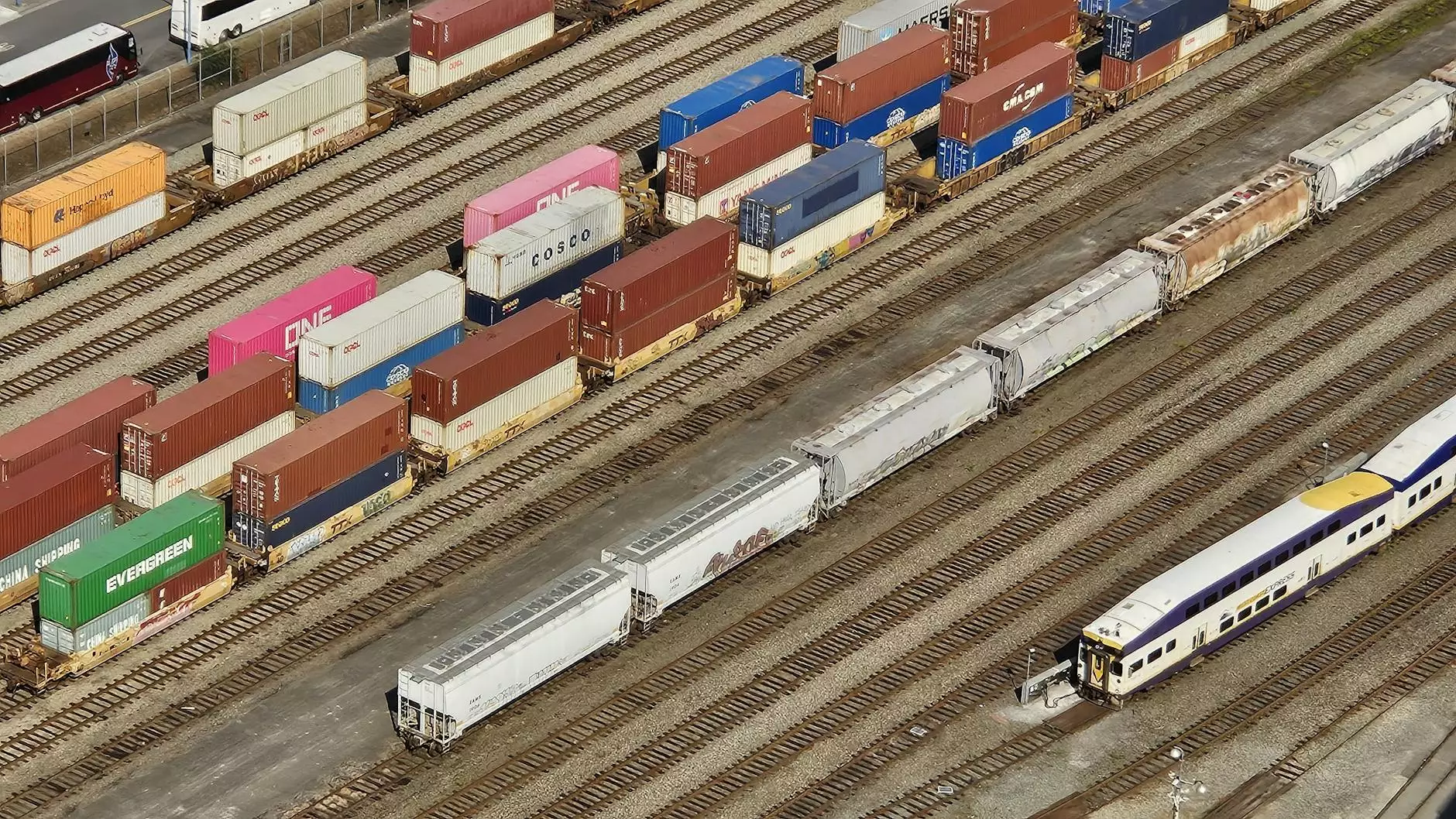The Ultimate Guide to FTL Rate Quotes: Maximizing Your Freight Shipping Efficiency

In the world of logistics, understanding the mechanisms behind freight transportation is crucial for any business looking to optimize their shipping processes. Among the various terms that you will encounter, the phrase "FTL rate quote" stands out as a pivotal point for businesses engaged in logistics and transportation. This article will delve deep into FTL rate quotes, their significance, how they work, and how you can leverage them to enhance your shipping strategy.
What is FTL?
FTL, or Full Truckload, refers to the shipping arrangement where an entire truck is dedicated to a single shipment. This is typically used when the cargo is large enough to fill the truck, providing a cost-effective and efficient transportation method. Unlike LTL (Less Than Truckload), where multiple shipments share a truck, FTL allows businesses to minimize handling and reduce transit times.
Understanding FTL Rate Quotes
- Distance: The length of the route impacts fuel and operational costs.
- Cargo Type: Some goods may require special handling or equipment, affecting the rate.
- Weight and Volume: Heavier or bulkier shipments may incur additional fees.
- Scheduling and Seasonality: Rates may fluctuate depending on peak seasons or urgent delivery needs.
How to Get the Best FTL Rate Quotes
To obtain the most favorable FTL rate quotes, businesses should consider the following strategies:
- Assess Your Shipping Needs: Understand your shipment volume and frequency to negotiate better rates.
- Utilize Technology: Leverage shipping management software that can compare rates from multiple carriers.
- Establish Relationships with Carriers: Building good relationships can lead to better service and pricing.
- Request Multiple Quotes: Don't settle for the first quote; compare offers from different providers.
The Importance of Accurate Measurement and Declaring Your Cargo
When requesting an FTL rate quote, providing accurate measurements and a detailed description of your cargo is vital. This ensures that:
- You receive an accurate quote without unexpected charges.
- The carrier can assess potential risks and related costs associated with specialized handling.
Factors Influencing FTL Rates
Several factors play a role in determining FTL rate quotes. Understanding these can help you better negotiate and manage your shipping costs:
1. Fuel Prices
Fuel costs continue to be one of the most significant variable expenses for freight transporters. Fluctuations in fuel prices can directly impact your shipping rates, making it essential to consider these in your budget.
2. Distance and Route
The distance your shipment needs to travel can greatly influence the rates you receive. Additionally, route efficiency—including traffic patterns, weather conditions, and border crossings—also affects the overall cost.
3. Load Characteristics
Characteristics such as the weight, dimensions, and nature of the goods can impact cost. Hazardous materials, for instance, may require specialized handling and permits, thus increasing the overall rate.
When to Use FTL vs. LTL
Choosing between FTL and LTL is a critical decision for any business. Consider the following:
- If your shipment occupies a full truck and can benefit from quicker transit, then FTL is the best choice.
- If your cargo is less than a truckload, then LTL might provide a more economical solution.
The Benefits of Using FTL Rate Quotes
Opting for FTL services offers several advantages:
- Faster Shipping Times: Since the truck is dedicated to your shipment, delivery times are significantly shorter.
- Reduced Handling: Fewer stops mean your cargo spends less time in transit and is less susceptible to damage.
- Cost Efficiency for Large Loads: When shipping larger quantities, FTL is often more economical than paying for multiple LTL shipments.
Finding Reliable Carriers for FTL Shipping
Choosing the right transporter is critical for successful logistics management. Here’s what to look for:
- Reputation: Research and read reviews about a carrier’s reliability and service quality.
- Service Offerings: Ensure they provide the specific services you need, including tracking and customer support.
- Pricing Transparency: Look for carriers who offer clear upfront pricing without hidden fees.
Conclusion: Elevating Your Freight Shipping Strategy with FTL Rate Quotes
In an increasingly competitive market, obtaining a comprehensive understanding of FTL rate quotes can significantly enhance your shipping efficiency and cost management. By leveraging the strategies we discussed and working closely with reputable carriers, you can ensure that your logistics process remains smooth, cost-effective, and reliable.
For more personalized insights and tailored quotes, don’t hesitate to contact us at freightrate.com. Our team of experts is here to assist you in navigating the complexities of freight transportation and to provide you with the best rates in the industry.









